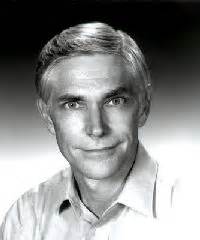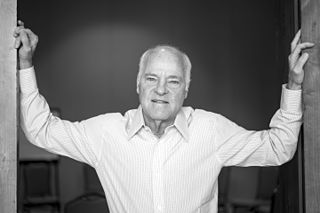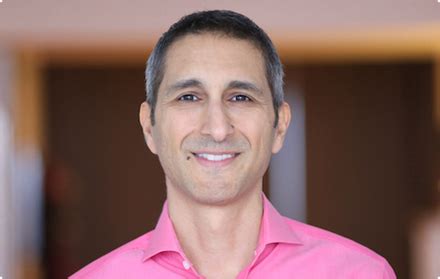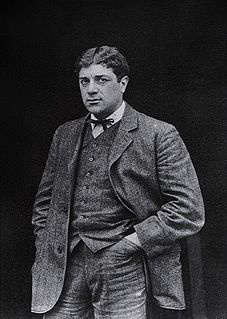A Quote by Paul Tough
Optimists, by contrast, look for specific, limited, short-term explanations for bad events, and as a result, in the face of a setback, they’re more likely to pick themselves up and try again.
Related Quotes
The positive outlook that optimists project does not come from ignoring or denying problems. Optimists simply assume that problems are temporary and can be solved, so optimists naturally want more information about problems because then they can get to work and do something. Pessimists are more likely to believe that there is nothing they can do anyway, so what's the point of even thinking about it?
Frequent comparative ranking can only reinforce a short-term investment perspective. It is understandably difficult to maintain a long-term view when, faced with the penalties for poor short-term performance, the long-term view may well be from the unemployment line ... Relative-performance-oriented investors really act as speculators. Rather than making sensible judgments about the attractiveness of specific stocks and bonds, they try to guess what others are going to do and then do it first.
The defining characteristic of pessimists is that they tend to believe that bad events will last a long time, will undermine everything they do, and are their own fault. The optimists, who are confronted with the same hard knocks of this world, think about misfortune in the opposite way. They tend to believe that defeat is just a temporary setback or a challenge, that its causes are just confined to this one case.
I do think that it is no surprise that, economically, America is in trouble. There's been a lot of trouble out there. More and more women have found themselves doing phone sex and things like that, to help pay bills, so that they could be two-income households. They can do these short-term jobs and still pick up their kids at school, at the end of the day, and drop them off in the morning. I find it fascinating. I'm not one to judge the people in that situation, nor would I really want to.
The most important thing that a company can do in the midst of this economic turmoil is to not lose sight of the long-term perspective. Don't confuse the short-term crises with the long-term trends. Amidst all of these short-term change are some fundamental structural transformations happening in the economy, and the best way to stay in business is to not allow the short-term distractions to cause you to ignore what is happening in the long term.





































